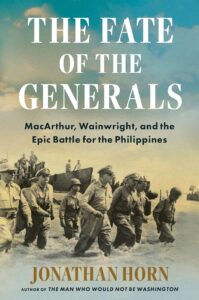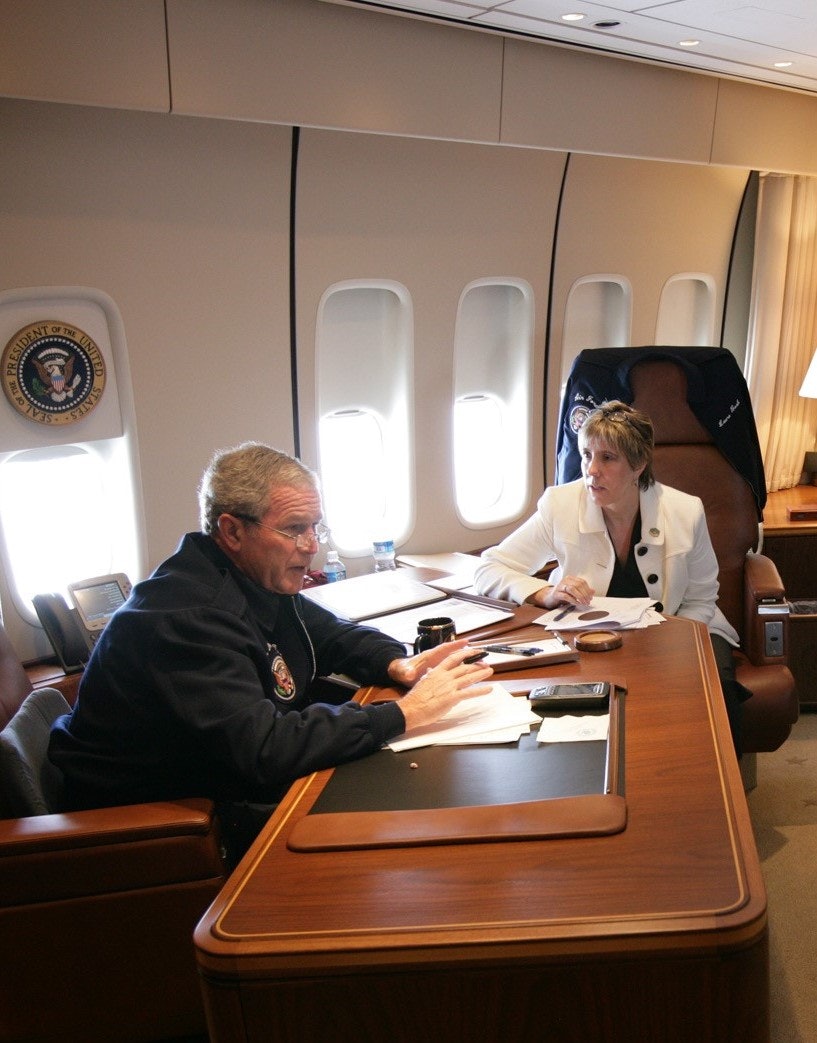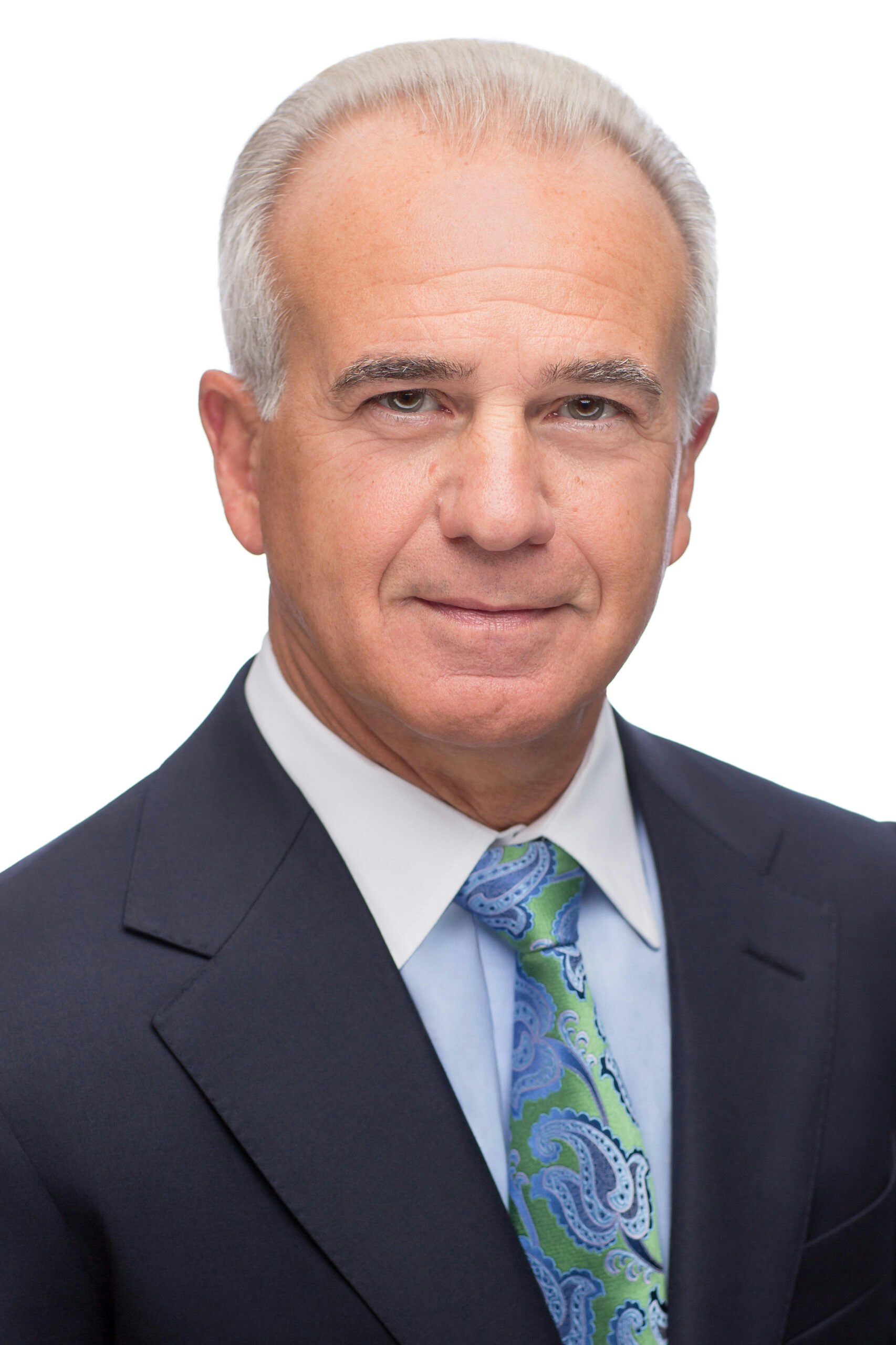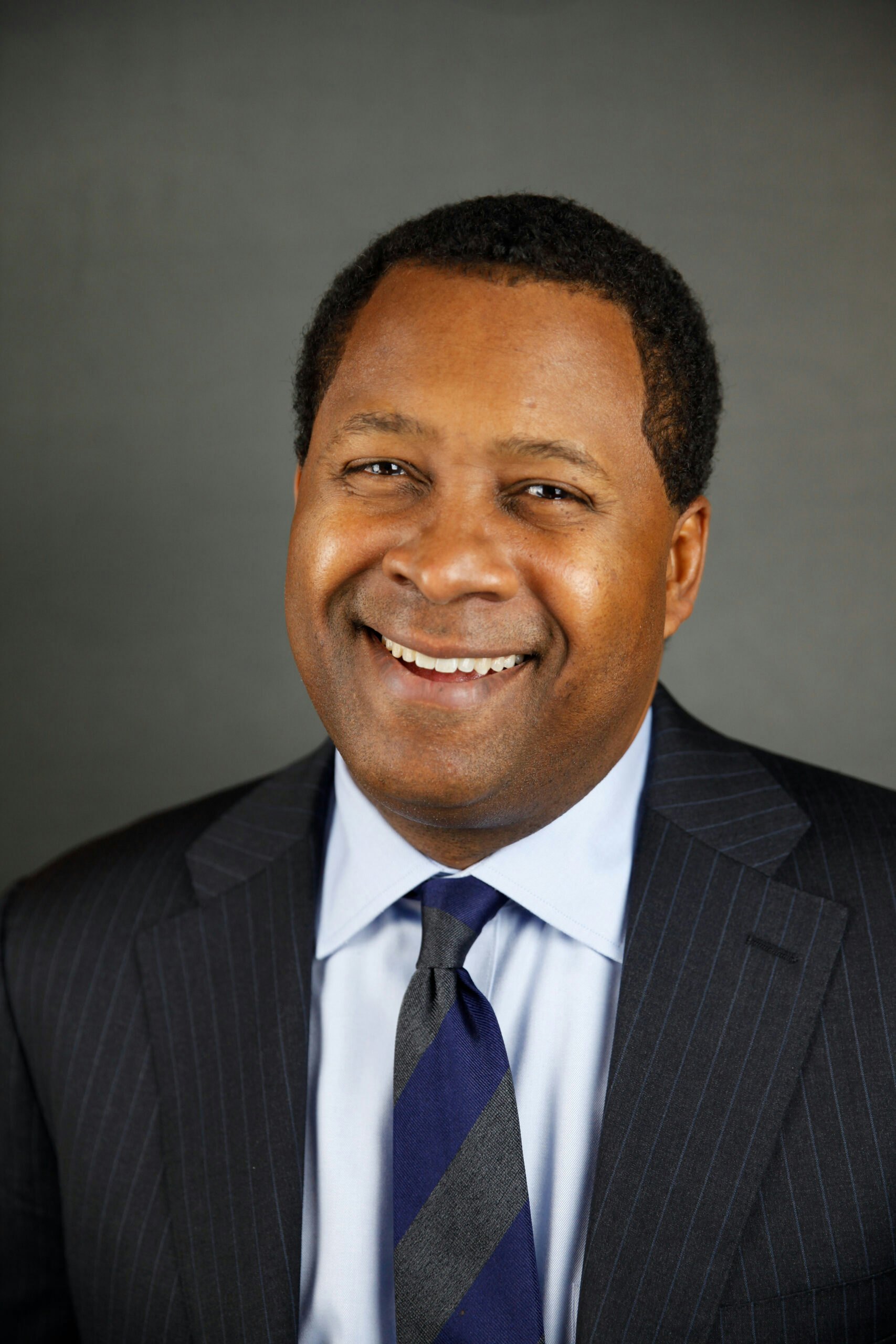Jonathan Horn (DoEd, EOP) returns to The Blue Goose to discuss his third book, The Fate of the Generals: MacArthur, Wainwright, and the Epic Battle for the Philippines, which comes out from Scribner on April 15. Publishers Weekly described the book as an “incisive chronicle” and a “perceptive take on the psychology of military leadership.” Kirkus Reviews called it, “a gripping, if painful account of Wainwright’s short command.” Horn tells us, “President Bush often spoke about the importance of the United States keeping its word around the world. For me, that was one of the lessons of this book.” Horn, who served as a speechwriter for Secretary Margaret Spellings at DoEd before becoming one of President Bush’s speechwriters at the White House in 2006, also offers a few tips to any fellow BCAers who aspire to write a book.
Q: For your third book, you discovered a somewhat forgotten story. Can you tell us how this book came about?
In the opening months of World War II, General Douglas MacArthur received orders to leave the Philippines (then an American colony), even as his army there faced starvation and siege at the hands of the Japanese. Almost everyone remembers the famous words MacArthur said when he reached the safety of Australia, “I shall return.” But few today remember the oath that his fellow general Jonathan Mayhew Wainwright made after succeeding to the command of the Philippines. Wainwright vowed to stay in the islands no matter the cost and to share the fate of his troops, even when it meant surrendering with them and becoming the highest-ranking American POW of World War II.
As I looked at these two stories, it seemed it wasn’t possible to tell one without telling the other. Then I found what was my big break: boxes of Wainwright diaries, letters, and other personal papers that had not been available the last time someone had written a book about him more than four decades ago. I realized I had an opportunity to tell Wainwright’s story in a way never before possible and to restore him to his proper place in history beside MacArthur. The book would be the story of two generals who both received their country’s highest military award, the Medal of Honor, but found honor itself on very different paths.
Q: What about the story of General McArthur and General Wainwright was so compelling to you?
I was drawn to the story because it was one of courage, survival, and sacrifice. It was a story of war made personal. After General Wainwright surrendered his forces in the Philippines, the Japanese tortured him as they moved him from camps in the Philippines and Taiwan all the way to Manchuria and left him to wonder whether his countrymen would ever understand the decision he had made. His wife, who had returned to the United States before the war as part of an army policy of evacuating family members from the Philippines, suffered terribly, too.
The vow MacArthur made to return to the Philippines was also very personal. Before the war, he had made Manila his home. It was where he had courted his wife and where she had given birth to their only child. He wanted nothing more than to save Manila, and yet his quest to return would culminate in 1945 with the Japanese burning the city and massacring its people. He would see the Manila Hotel, where he had lived with his family, burn before his eyes.
Q: What are the lessons learned from their stories that are most relevant today?
President Bush often spoke about the importance of the United States keeping its word around the world. For me, that was one of the lessons of this book. At different times during World War II, there were some who viewed returning to the Philippines as an unnecessary detour from the ultimate goal of defeating Japan. But MacArthur insisted that America had a “moral obligation” to the Philippines. In a sense, his personal vow to return became a commitment for our entire country. And if the United States did not live up to it, he warned that people around the world would never trust America’s word again.
Another lesson is preparedness. Wainwright and so many other soldiers paid a terrible price during World War II because the United States had refused to bear the cost of being a great military power in the years before the fighting began. When he returned to the United States in September 1945 after years spent as a POW, he gave speeches across the country about why the United States must never again let down its guard. That lesson also feels relevant today.
Q: Can you tell us about your writing process – and how long you worked on The Fate of the Generals?
The book took several years to research and write. One part of my research was visiting the various archives where I found MacArthur’s and Wainwright’s papers. If you enjoy looking through old letters and diaries as I do, those visits make for exciting but also exhausting days.
Another part of my research was visiting the Philippines. It would have been impossible to write this book without seeing the places where the history happened—places such as the city of Manila, which MacArthur and his family considered their home; the Bataan peninsula, where American and Filipino troops fighting as one made a desperate stand not only against the Japanese but also against starvation and sickness; and the nearby fortified island of Corregidor, where MacArthur began his daring escape to Australia and where Wainwright, who subsequently took command, realized he would have to surrender.
Q: What advice do you have for your fellow BCAers who may be interested in writing a book?
Anyone wanting to write a book could do worse than to take some advice from the late David McCullough, the great writer and historian who received the Presidential Medal of Freedom from President Bush in 2006. McCullough once gave an interview where he said, “I try to write the kind of book that I would like to read.” That’s advice I try to keep in mind when writing.




























